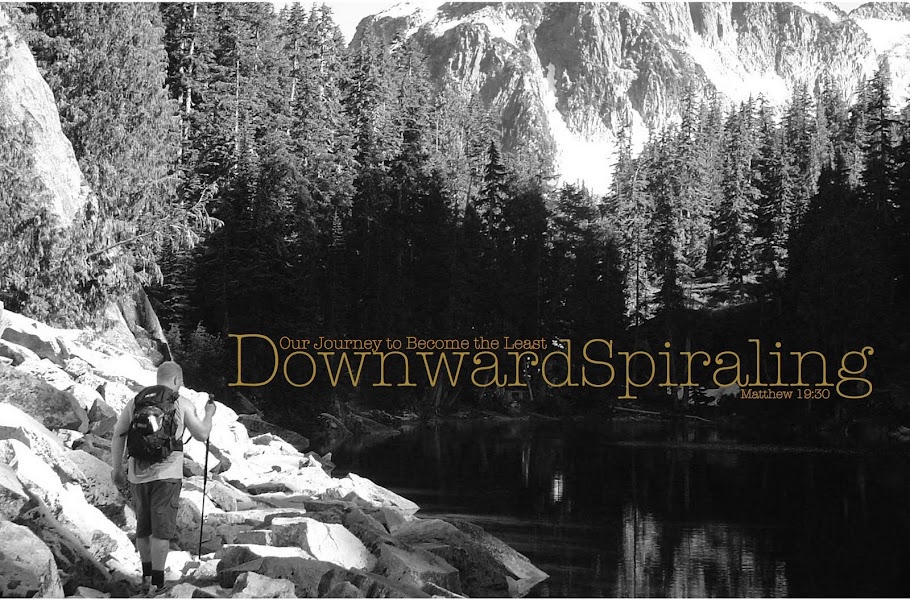
The craziest thing has happened the past few years. Now that I am teaching again and God has done a work in me, my students seem to love history. They enjoy learning what I am teaching. Yeah, I am a jerk every so often, most of you reading this know that, possibly from experience, but I really believe that my students like to learn about labor unions, the New Deal and President Nixon not because the content is thrilling to them, or that I have some really cool teaching strategies, but rather, because they like me.
Jesus was a master teacher. My colleagues and I could learn a lot from Him. Rabbi or teacher was what he was referred to by many of His followers. Jesus would rarely simply answer a question and then moved on, which is what I catch myself doing quite frequently, he would ask another question. . . . and then another and another. Jesus was asked 183 questions in the four gospels and only directly answered 3 of them! That means that he responded to 180 of the questions posed to him in the books of Matthew, Mark, Luke and John with either another question, or a parable.
"Oh my soul, be prepared to meet him who knows how to ask questions." T.S. ElliotOne particular passage stood out to me the other day. In John 8 Jesus is teaching in the temple courtyard and the Pharisees are attempting to trap him with questions.
“Teacher,” they said to Jesus, “this woman was caught in the act of adultery. The law of Moses says to stone her. What do you say?”They were trying to trap him into saying something they could use against him, but Jesus stooped down and wrote in the dust with his finger. They kept demanding an answer, so he stood up again and said, “All right, but let the one who has never sinned throw the first stone!” Then he stooped down again and wrote in the dust.
When the accusers heard this, they slipped away one by one, beginning with the oldest, until only Jesus was left in the middle of the crowd with the woman. Then Jesus stood up again and said to the woman, “Where are your accusers? Didn’t even one of them condemn you?”
“No, Lord,” she said.
And Jesus said, “Neither do I. Go and sin no more.”
Drawing in the dirt until everyone walks away, Jesus asks the woman a question they both know the answer to. He could have told the Pharisees what they wanted to hear, he could have taken some moral high ground and proclaimed the difference between right and wrong and answered their leading questions directly. Rather, He asks questions, good questions, transforming questions. All of His questions were rooted in love. People didn't want to learn from Jesus because He had some unique teaching style, or that He even had good curriculum, if anything, His curriculum drove people away in masses, people wanted to learn from Jesus because He taught with love. Why do we overlook this aspect of Jesus? Why do we want answers when Jesus gave us more questions? I think answers give us systematic theology and dogma while more questions force us to keep searching, to open our eyes and ears for deeper truths.
I pray that God will give us the ability to ask better questions.


